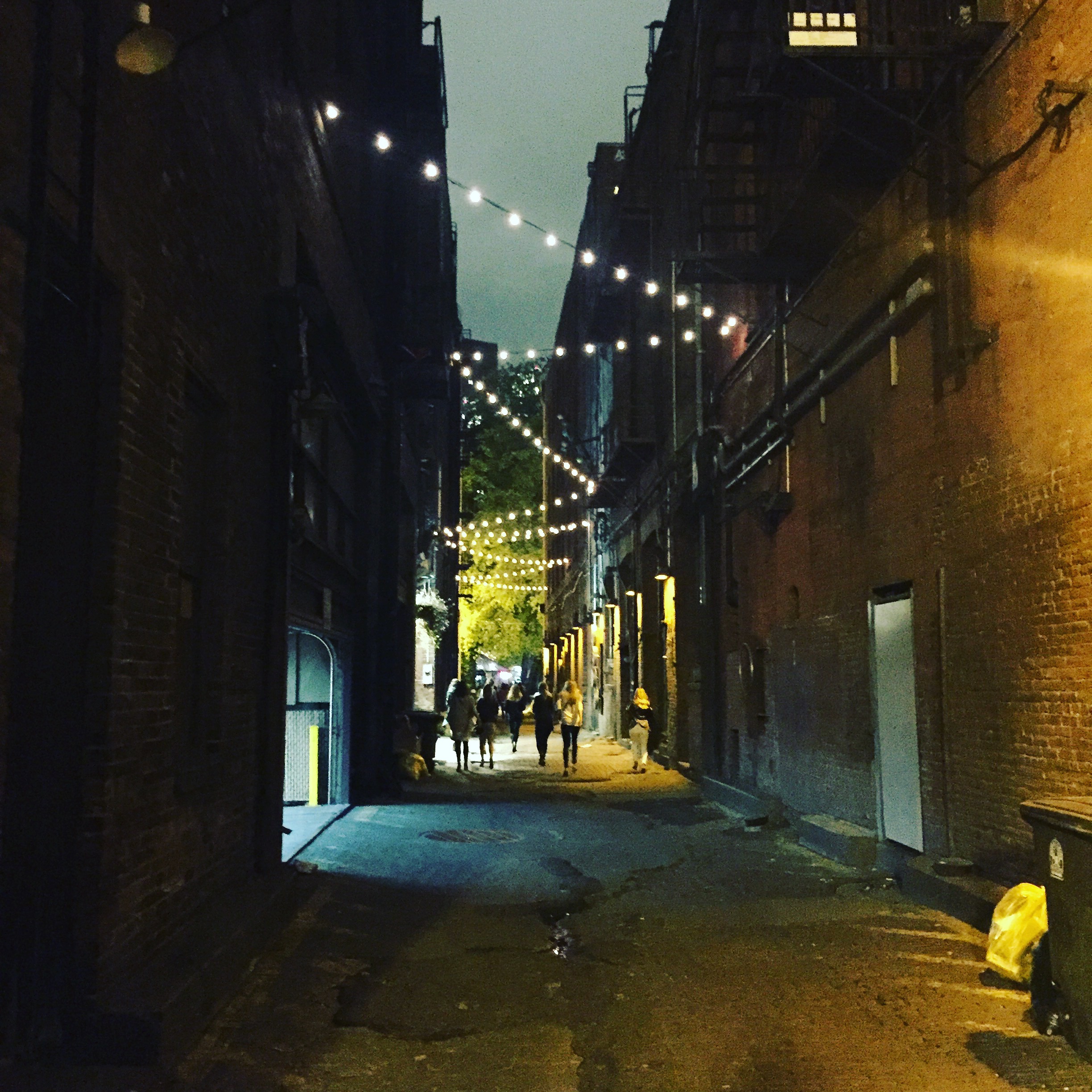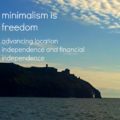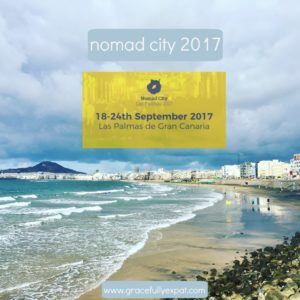Housing is a hot topic for everyone, especially millennials. In many cities around the world, prices are rising faster than wages, home ownership feels out of reach for many, and even renting is becoming unsustainable. As though that weren’t stressful enough, it’s also the single biggest line item on most people’s budgets. That’s why it’s such a huge opportunity. Yeah, yeah, I know. But stick with me.
No matter your situation, I think that optimising your housing choices is the single most powerful tool in your arsenal to improve your finances and your life. There are a number of variables you can play with, depending on what matters most to you. More flexibility will result in more options, so I think with the right mindset, anyone can improve their situation by carefully examining this one, crucial choice. We tend to have a lot of emotions and preconceived notions wrapped up in our housing choices, but taking a step back and approaching it intentionally, as a deliberate choice, will dramatically impact your life and your goals.

When you are location independent, a lot of the standard personal finance advice may not apply to you. I’m thinking of things like debates over whether to pay off your mortgage early, etc. Depending on your personal circumstances, it may not make sense for you to buy a property at all. And, don’t despair, because there are plenty of smart people with good reasons why that may not be a bad thing. However, when you don’t own your home, you constantly have to (aka: get to!) reconsider and reevaluate your housing situation.
Broadly, I think of housing consumers (that’s all of us, for the most part!) as fitting into three main categories, depending on how long we’re going to be staying in a given location. Most personal finance advice I’ve seen tends to be tailored to those who will be staying put for the long(ish) term. In my mind, that’s more than around 5 years, which might not seem very long to some! For the location independent or digital nomad communities, we may find ourselves looking at more the medium term (say, 1-5 years) or more often shorter term (1-12 months). Thusly, I’ll focus more on the latter two of the below categories:
-
Long term: when you’re staying put for a long time (5+ years)
-
Medium term: when you’re staying for the time being (1-5 years)
-
Short term: when you’re testing the waters or just passing through (1-12 months)
In any of these situations, however, I think the main competing variables to consider are as follows:
Variables:
-
location
-
cost
-
size/privacy
-
fanciness/amenities
-
specifics (i.e. large kitchen, outdoor space)
-
commitment
Generally, the more flexible you can be with each of these variables, the more options you’ll have. One of the advantages of being location independent is the freedom to play with the first variable as much as you like. It’s the factor that I think is the single most powerful, and gives you the most choice within each of the others.
Beyond location dependence
A large part of why housing markets can suck so badly is that they traditionally have you as a fairly captive consumer. You have to live in a particular area because of where your job is, so you’re stuck with very little latitude on perhaps the most important variable. By becoming location independent, we remove that condition. Instead we can come to view it as a competition of where can offer us the best combination of variables based on our particular values and needs.
Looking at each of the above variables in turn, I think we can make some deliberate and intentional choices about what really matters to us, and what will ultimately make our lives better. Then, we can apply some creative thinking and find housing solutions that work for us rather than against us.
Location
This is a real estate cliche for a reason. But as digital nomads we can think about this beyond neighbourhood and commute time. Considering location, we can expand our search across cities and countries, and then narrow it down to our ideal neighbourhoods. Looking beyond the area you’re in can dramatically improve your options. You can choose less expensive cities and countries for part of the year. You can choose areas outside those adjacent to the CBD of a particular city, if you won’t need to be commuting into city centre every day. However, you may be more concerned with finding a walkable neighbourhood, or somewhere within easy reach of the nearest major airport.
Some of the high cost of living cities around the world don’t offer great value for money. Dublin, where I’m currently based, is in a full blown housing crisis. If I don’t need to compete with thousands of others for overpriced, substandard options, why would I? Then, when I am evaluating a location, I can narrow my search to locations that offer the lifestyle I’m looking for, and be a bit more stringent with the next, and next most important, variable.
Cost
As cost of housing rises, we have to either earn more to keep up, or accept that a higher percentage of our current income gets eaten up by this greedy line item. I prefer to set a maximum percentage of my take-home income that I’m willing to spend on housing. I think 30% of take home is a reasonable maximum. And yes, I’d want to be firm on making that 30% after taxes and retirement contributions, or in other words, 30% of spendable income. If that’s not possible in a given location, I’d have to concede that that location may be temporarily off the short-list. Or maybe it’s a location to work into your plans in shorter increments, or by utilising some unconventional options (some examples of which are briefly noted below).
Location and cost are of course very closely linked, and are the most important variables. If you’re going to be very picky on either of those, you’ll want to be quite flexible indeed on the below, secondary variables.
Size/privacy
In many desirable locations, having housemates is a very common solution to rising costs. If you’d rather more privacy, you’ll likely want to be very flexible on the size of your accommodations. I’m quite happy in small spaces, so that’s an easy one for me to concede. I’d happily accept less space for a location and cost I was happy with.
Fanciness/amenities
If you’re going to be a digital nomad, and sampling the housing offerings of many different locales around the world, being quite flexible on this will serve you well. I personally don’t derive much life satisfaction from expensive finishings or lots of fancy features. Sure, those things are nice to have, but if they become deal-breakers, you will find your options severely limited. Clean, safe, and functional are about as fancy as I personally need. Plus, if you’re looking for somewhere for a shorter term stay, it can be an interesting quirk to practice living without certain things you may have become accustomed to. You may find they’re less essential to your happiness than you thought!
Specifics
This is where you can tailor your search to the things that really do provide you with life satisfaction. I’d want a place I could cook in, in most places if I was staying for longer than about a month. Reliable wifi is probably another must-have. But what makes you happy? Do you crave outdoor space? A quiet street? Enough floor space to bust out a few yoga moves? Or space to host friends and family when they come through town? For me, once I’ve been sufficiently flexible with the categories that matter less, I find I can devote the appropriate level of attention to those few areas that matter most. And then keep experimenting, because they can and will fluctuate over time.
Commitment
As a shorter term housing consumer, you may wish to avoid signing year-long leases. This is easier to pull off if you don’t have a lot of stuff you need to move around with you. I think the default assumption is you’ll need to pay a lot more for the luxury of less commitment, and this is very likely true in many expensive cities in the West. A cursory search on Airbnb reveals at least a dozen attractive cities where a month-long rental is far less than I pay now on my year-long lease in Dublin. And that’s including wifi, heat, electricity, etc. If the conditions are right, I think this is another variable that can work in favour of the location independent.
Unconventional ideas
I’m going to be experimenting with a few untraditional options, such as month-long Airbnb rentals, coliving spaces, and some newer sites that appear intriguing, such as GoGo Places. I think the options will only continue to increase as more and more people adopt a location independent lifestyle. I’m excited to see this space develop and what other creative solutions people come up with.
What does housing mean to you?
Ultimately we each need to decide what really matters to us. Is housing just a place to rest your head, or do you need your home to be your refuge, your nest, a reflection of your taste and personality? I don’t think there are any wrong answers, but examining our answers honestly can help hone our housing choices. And those choices will drastically impact our ability to progress towards our other goals, like financial independence, contribution, and travel.
What does it take to be happy? I believe that the fewer “must-haves” on our list, the greater our access to contentment. And the more flexibility we allow into the most expensive line items on our budget, the better. When approached as an opportunity to be flexible and creative, you can avoid being a victim of the housing market and instead continue to advance towards your goals.








Great post. I would add only one thing. I am not sure why you say you have to live in a particular area because that is where your job is. Jobs are everywhere. I lived my entire STEM high tech career in a small rural town in a flyover state. My housing costs were probably a fourth or less of what rent or buying in a large city would be when insurance, taxes and maintenance are factored in. I also had an eight minute worst case commute, no traffic jams and lots of outdoor recreation with very little human competition to clog it up. Oh, and nobody even has to lock their doors here. On top of that my experience in hiring dozens of professionals is that the pay is almost the same no matter where the job is. That makes having a high savings rate much easier here than in San Francisco. I honestly think the FIRE community, since it is dominated by city dwellers, discounts the value of geographic arbitrage when it comes to making career choices.
Thanks for your comment! Did you first choose your ideal location, and then find a job there? Or was your job remote/location independent? Either way, it’s a really great approach as well. I was coming from the perspective that, for many people with a traditional job, they would base their current and future locations around where that job was, and would have to consider if they could get another job in a new area before relocating.
I totally agree that geo-arbitrage is under utilised! That’s really at the heart of the desire to become location independent. There are so many amazing and diverse places around the world, and they come with a dramatic range of costs. I think that finding a place (or places) that fit our preferred lifestyles, at our preferred budgets, is definitely one of the most powerful tools to becoming FI.
I chose from eight job offers prior to graduating from college in places ranging from Chicago, Houston, Tulsa and others but picked the small town I still live in today. The starting pay offer here tied for the highest offer I received but the money went much further here. My major in engineering was in short supply then which helped provide me so many choices.